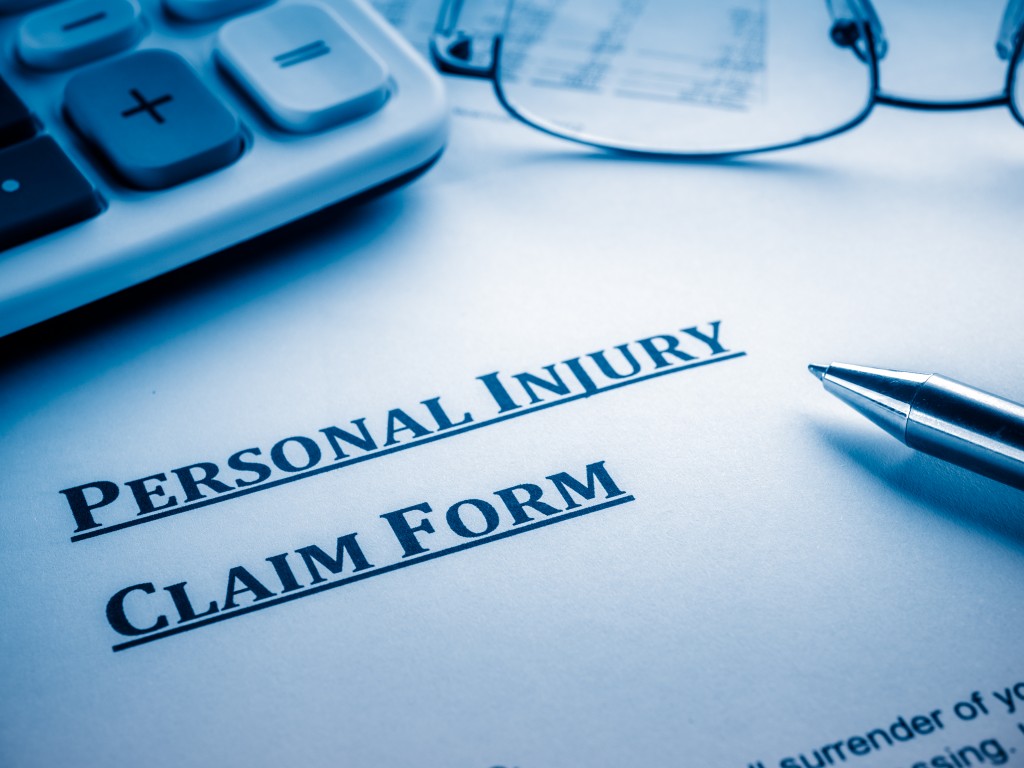Workplace injuries cost money, disabilities, time away from work, and other complications. If you’ve been hurt or injured by the negligence of another person or company, you can seek the compensation you deserve by filing a personal injury lawsuit.
That said, it’s essential to know what to expect should you decide to pursue a personal injury claim. While every lawsuit is unique, below are steps that are common to almost all personal injury cases.
Seek legal help
The first thing you must do after an accident is to consult with an experienced attorney. Many insurance companies take advantage of consumers’ lack of knowledge regarding the law. As such, they might prevent you from getting the compensation you deserve. With a lawyer, however, you can ensure your best interests are protected.
Your attorney will take a look at your injuries, damages, and costs, after which they will contact the insurance company directly. They will assess the validity of your claim as well as the types of compensation available to you. Your lawyer will also facilitate any negotiations throughout the case so you can focus on getting the medical attention you need.
Like there are different types of cases, there are also various types of personal injury lawyers. For example, if you’re a truck driver who got involved in a collision during work hours, it’s best to consult a truck accident lawyer. If you suffered illnesses due to manufacturing errors, speak to a product defect attorney. The right lawyer will advise you on the best course of action to take.
Investigation
During the investigation phase, your attorney should thoroughly and independently examine your personal injury claim. They may have to assess the accident scene and collect relevant documents, including police reports, photographs, and medical records and bills. Further, they may collect witness testimony and review your employment history. If needed, your lawyer would collaborate with accident reconstruction experts and medical professionals to better understand your accident and injuries.
Further, your legal counselor would take note of the potential defenses of the opposing party and measure liability.
Filing of complaint
The filing of the complaint officially begins the lawsuit. It states your demand to be fully compensated for lost wages, present and future medical bills, loss of life’s enjoyment, and pain and suffering caused by your injuries. In most cases, your spouse and children may also have claims for the losses they suffer due to your accident.
The complaint must include concrete evidence of your injury, as well as sufficient proof that the defendant’s actions, or failure to act, led to your injury. It involves writing a compelling demand letter indicating your requested settlement amount and how you came up with that figure. You should be prepared to go to trial if they do not provide an acceptable counteroffer.
A complaint is usually filed in the county where your injury took place or where the defendant lives. In most states, once the complaint is personally delivered to the opposing party, they have 30 days to accept the demand, reject it entirely, or make a counteroffer.
If the parties fail to reach an agreement, the case advances to court.
Discovery
Before moving to trial, both parties are given a chance to acquire further evidence from each other.
In the “discovery” phase, each side has to request the information they want. There are five major devices to do this:
- Depositions — recorded out-of-court oral testimony of a witness given under oath
- Interrogatories — set of written questions submitted by one party to the other
- Physical examination — a mental or physical examination of a party whose condition is an issue in the litigation
- Requests for production — the request of one party to the other to provide copies of documents that support their claims
- Requests for admission — one party may ask the other party to admit or deny the truth of a statement
Mediation

To avoid trial, lawyers may recommend mediation, an informal dispute resolution in which a mediator or neutral third party is brought in. In this stage, both sides present their case and negotiate settlements with the help of a mediator. Because mediation is non-binding, both sides can reject or accept the offer.
Trial
If the matter remains unresolved, the parties proceed to trial.
In a civil trial, each side presents their arguments. A judge or jury evaluates the facts and determines if the defendant is liable for your injuries and the number of damages owed to you.
Personal injury lawsuits can be long and complicated, but they can also help you get your life back on track. Be patient and hire a lawyer you can trust. Remember, every decision you make throughout the case can impact you and your family’s future.




